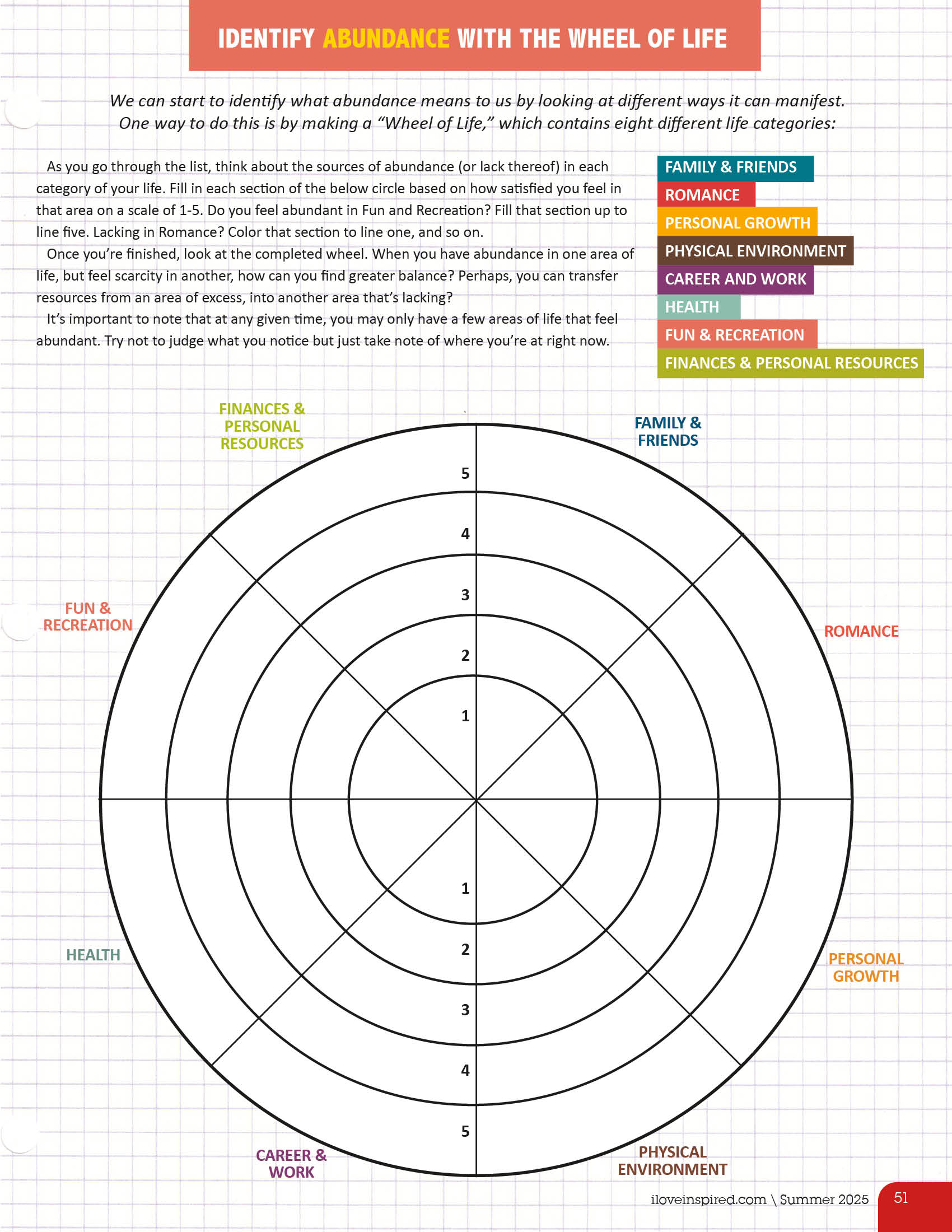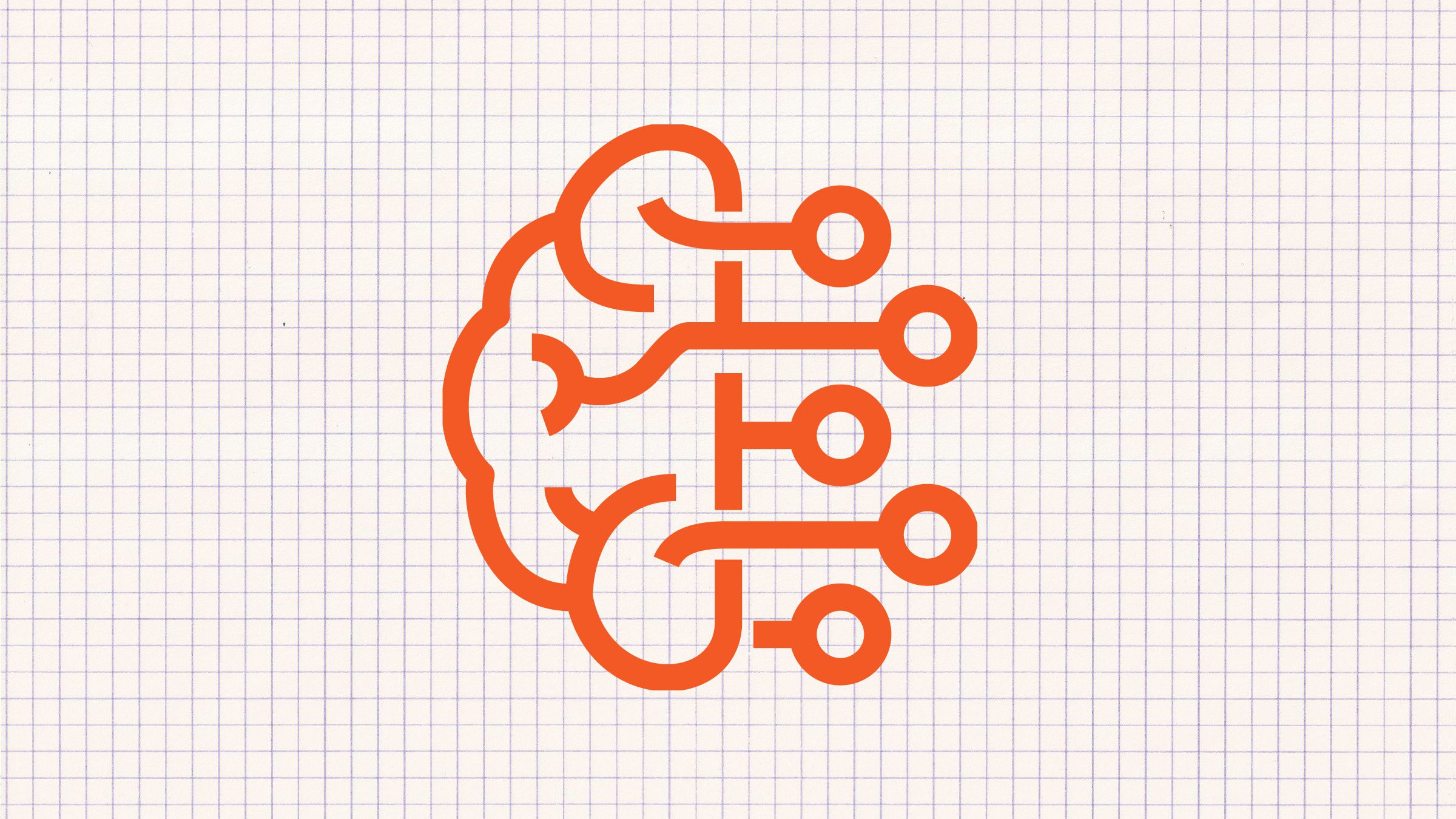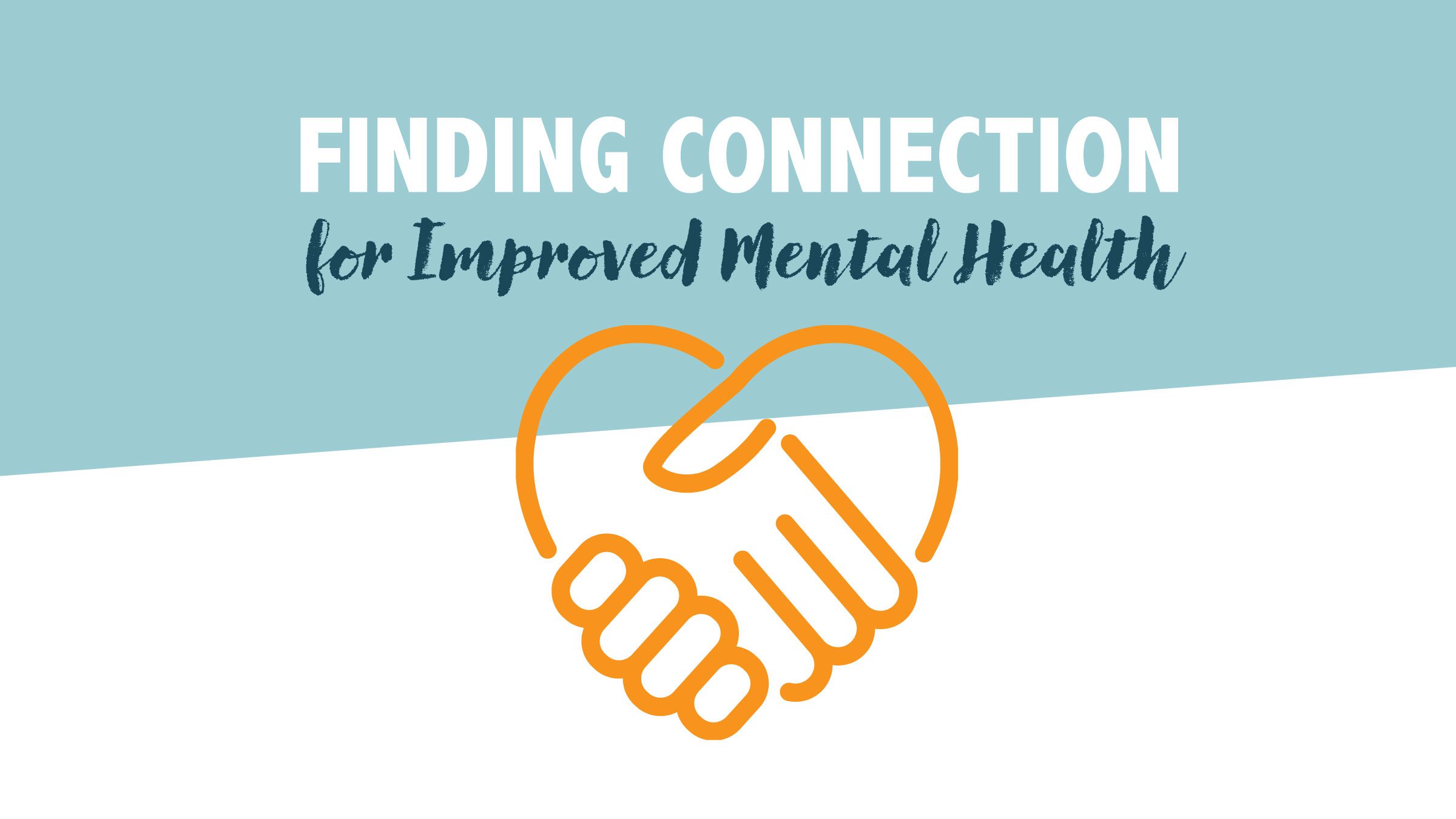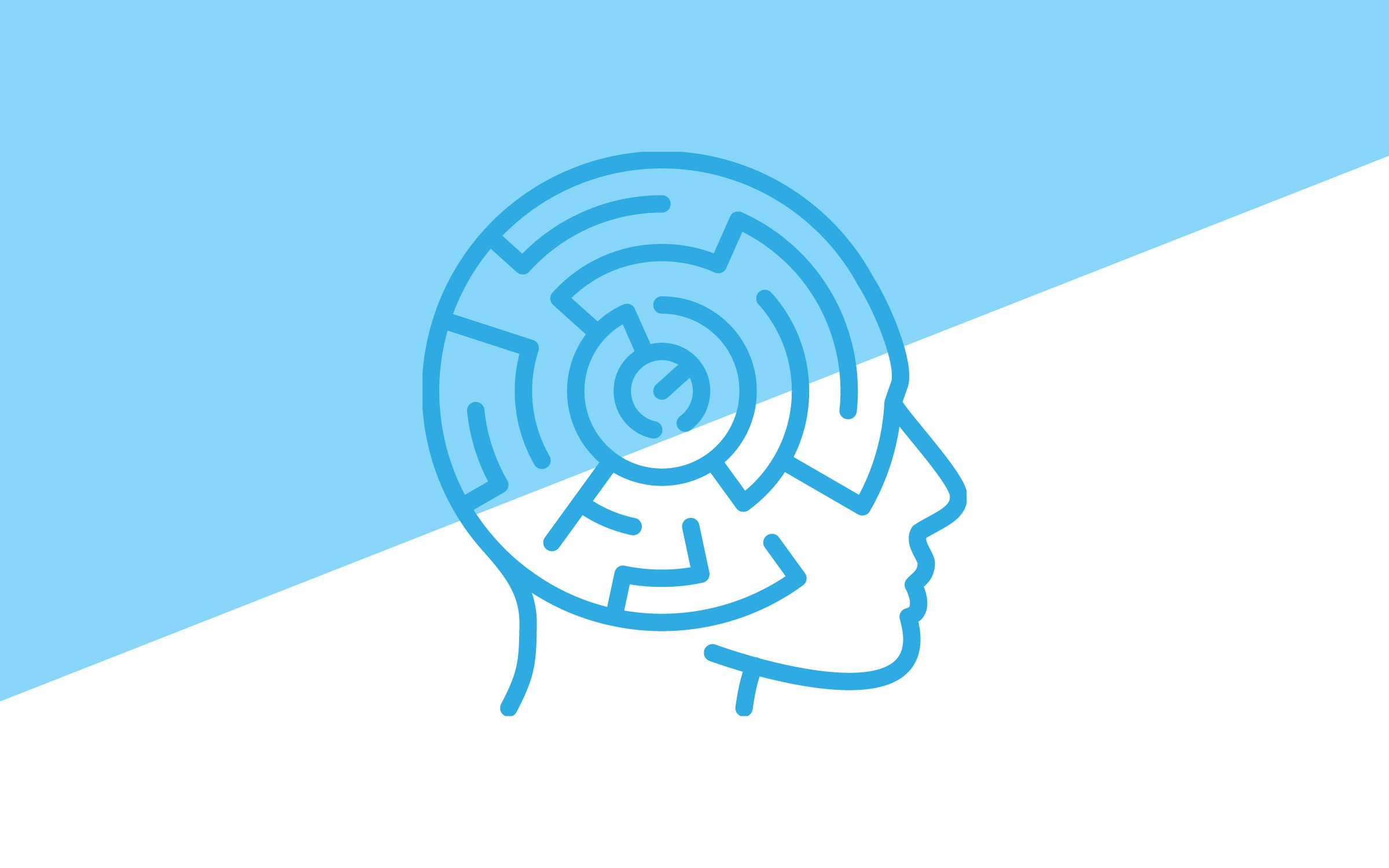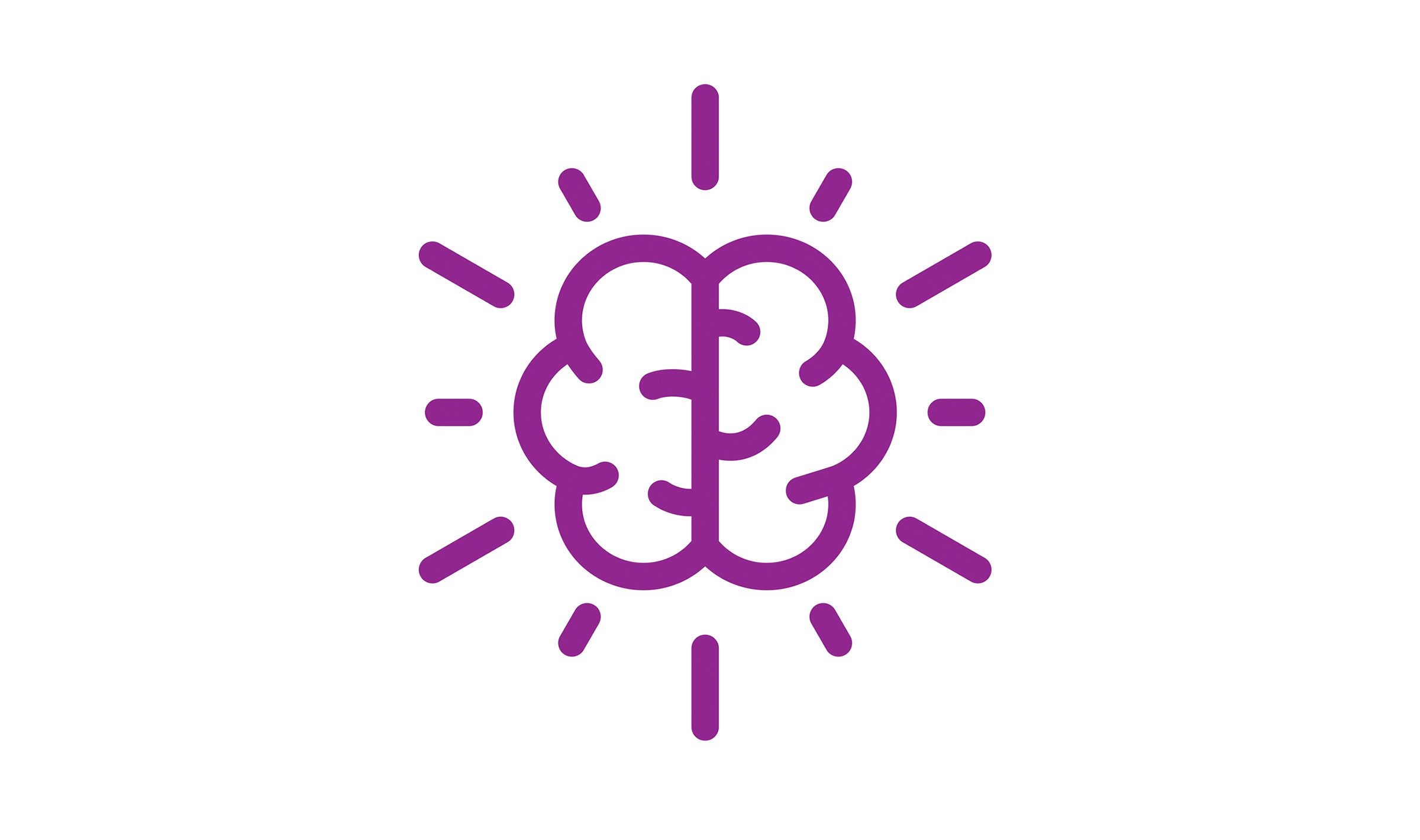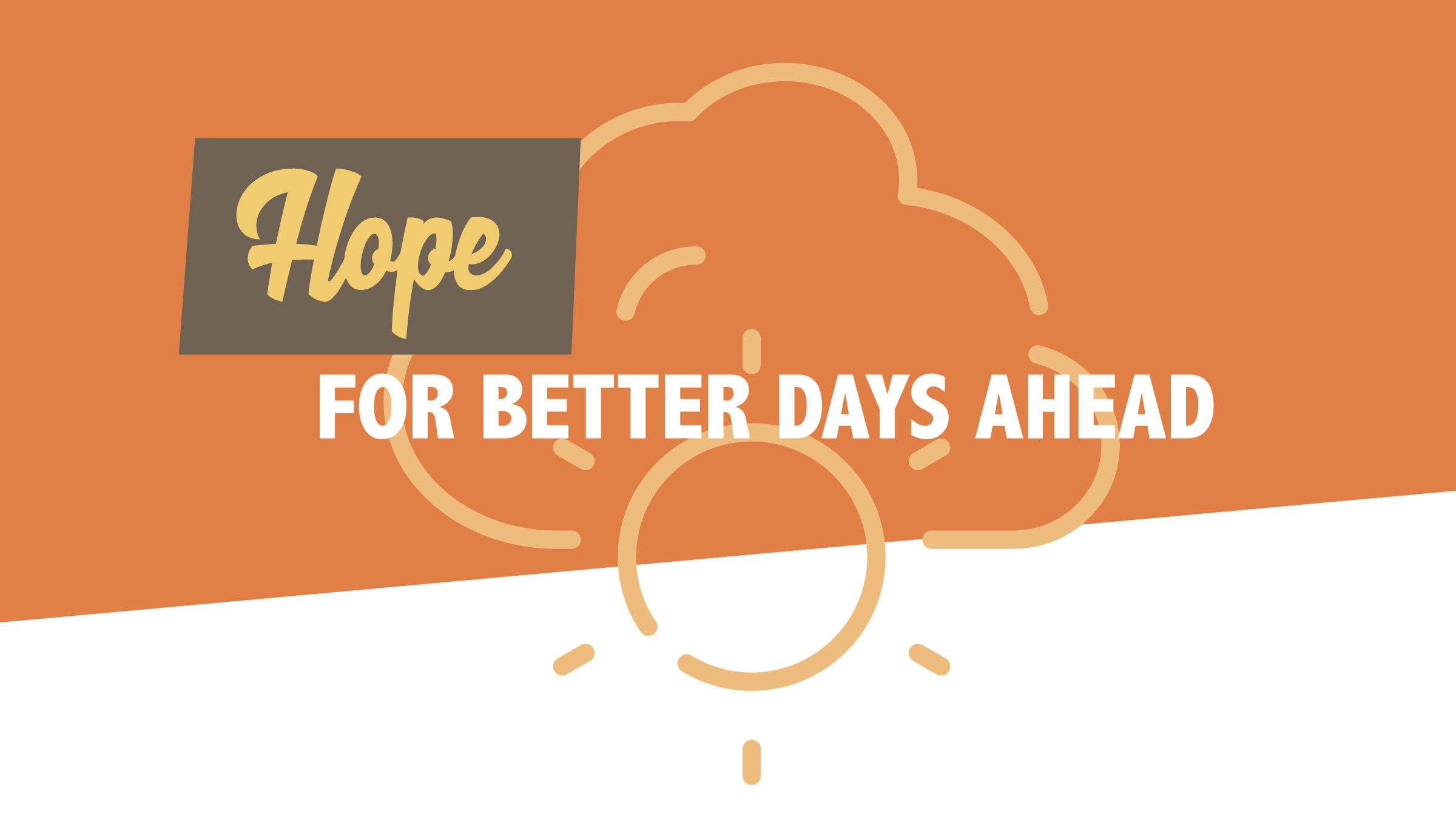Mental Health Insights for Cultivating an Abundant Life
Sources of abundance surround us in summer. Prairies are infused with colorful wildflowers in bloom. Rivers and waterfalls flow through lush green landscapes. The sound of chirping birds permeates the air. Seemingly endless days of sunshine offer ample opportunities for delight.
According to Cambridge Dictionary, the word abundance means having “more than enough.” Our capacity to experience abundance, then, is only limited by what we consider enough.
We can seek abundance in the material world, of course, but our potential for abundance expands when we look for it in connection with others, nature, and meaningful experiences. There are, simply put, abundant ways to find abundance in all things, little or big.
Yet, we cannot (and should not) attempt to capitalize on every opportunity extended our way. The fact remains that our time, energy, and resources are limited. Too much of anything (even a good thing) can lead to feelings of anxiety, overwhelm, and exhaustion. Abundance without limits leads to excess and extremes.
We can take a lesson directly from the seasons. Nature teaches us that abundance is more circular than constant. Summer, the season of abundance and growth, is followed by autumn, a season of harvest and decay. When life is abundant, we can relish in the joy, nourishment, and generosity that springs forth. When that wanes, we can practice gratitude for what remains. If we trust in the seasons, we know abundance will come again.

Abundance vs. Scarcity
We are not all conditioned to seek out (or notice) sources of abundance. In fact, our life experiences may have primed us to notice the opposite – scarcity.
Scarcity is defined as “lack” or “situations in which something is not easy to find or get.”
A scarcity mindset can feel like a lifetime of winter – when resources, opportunities, and second chances are few and far between. Endless winter can create a “survival of the fittest” mentality. It’s only natural that when we feel resources are scarce, we fight to obtain them.
This can lead us to hoard any resources we are given because we believe those resources are finite. If the choice is between sharing and starving, few will choose to starve.
A scarcity mindset can also breed jealousy, making us believe that another person’s prosperity is our demise, or that their needs are getting met at the expense of our own. When we believe opportunities are limited, we may act outside of our values to obtain success. We may lie, cheat, and steal if we believe we’ve only got one chance to win.
On the flip side, people with an abundance mindset believe life is filled with ample opportunities for success, growth, and connection. We are not blind to failure or setbacks. The difference is, when something does not work out, people with an abundance mindset know that another chance is just around the corner. We see hard times as an opportunity to learn.
An abundance mindset also allows us to be more generous with our resources. We share what we have in excess, knowing it will come back around to us. We do not need to compete with others. We can celebrate their wins, knowing their success does not mean our failure.
Abundance and Generosity
Unfortunately, we do not live in a society where everyone is given equal access to resources and opportunities. In truth, many people face real inequities based on race, gender, sex, class, sexual orientation, and more. And being born into scarcity can be a difficult pattern to break.
When we find ourselves in a season of abundance, it can be helpful – to ourselves and society – to lean into generosity. Having access to anything in abundance allows us to share, and oftentimes, generosity can lead to a greater abundance. For example, if we volunteer our time, it comes back to us in gratitude. If we share our resources, it can enhance our sense of purpose. When we give freely to others, our sense of community and connection grows.
Think about areas of your life where you have more than you need. It could be time, resources, energy, or insight. How can you share that with others? How might that impact your passion and purpose in life?
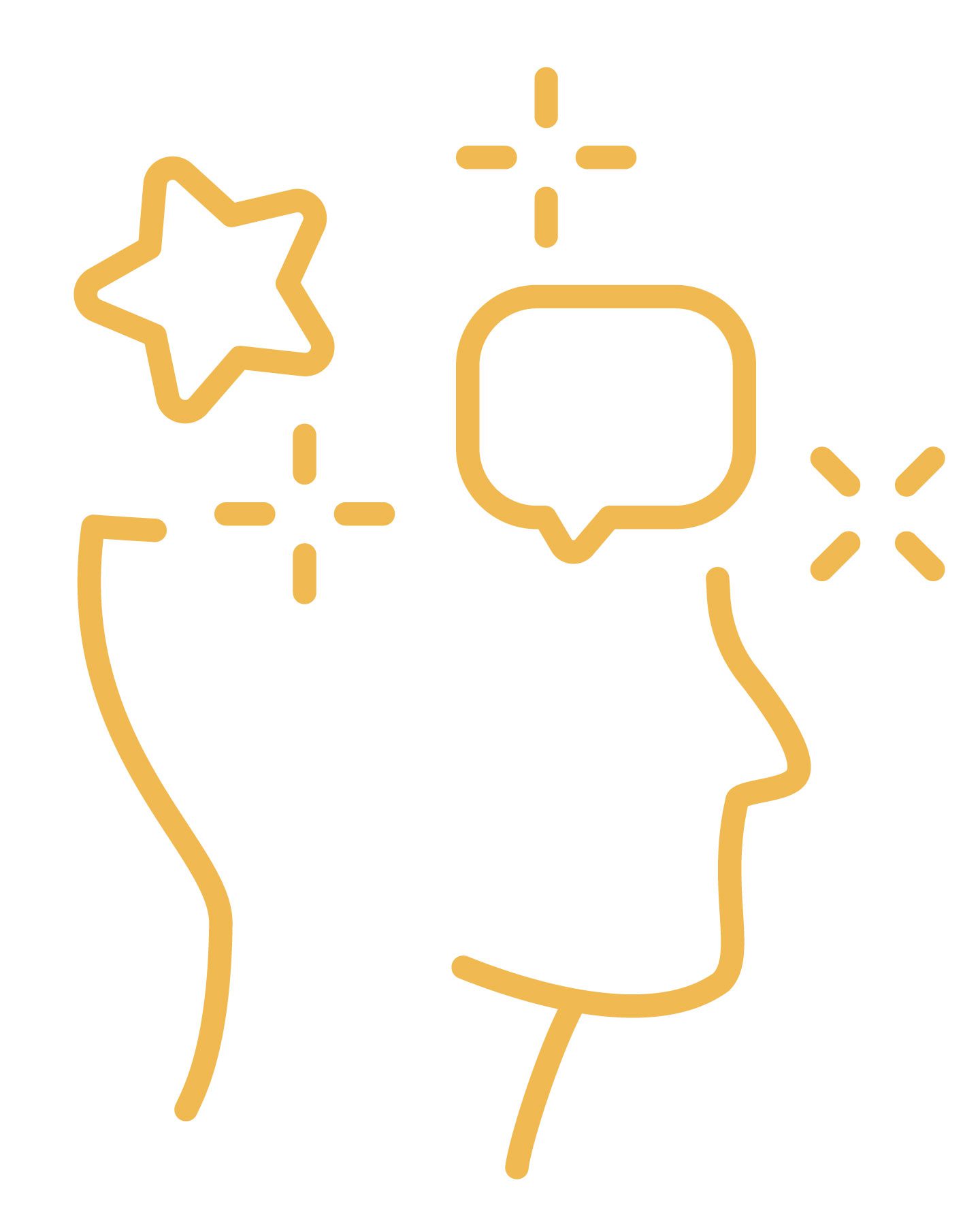
Abundance vs. Accumulation
Abundance without generosity can lead to accumulation or excess. Hoarding too much stuff overwhelms our physical space. Overfilling our schedules leaves us unconnected and exhausted. There really can be too much of a good thing.
In a world of endless options, we need boundaries. We must know when and how to say “no.” As difficult as it may be, boundaries free us up to say “yes” to things that truly make us feel abundant.
We cannot accept abundant opportunities when we do not have space for them, physically, mentally, emotionally, and spiritually. We need to leave room in our lives for abundance to flow through.
When we free ourselves from excess, we can appreciate the little things. We have time to sit, listen, and play. We have the capacity to connect with the people around us and nurture our most important relationships. We can mindfully embrace our current abundance and foster the chance for more.
Abundance Glimmers
Another way we can cultivate an abundance mindset is by looking for abundance glimmers.
Abundance glimmers are little sources of joy, positivity, optimism, gratitude, or generosity that exist all around us. They are small moments we might otherwise take for granted. They are reminders that we have more than enough.
Glimmers can be simple: Working in a garden, stopping to appreciate a view, or listening to music. A favorite drink or meal from a restaurant. Fresh sheets, open windows, or fluffy towels. An entire day off from work. Sometimes glimmers come from others, too, like when a child draws us a picture, a stranger gives us a compliment, or a loved one offers to help with something we need.
Everyone is going to have different sources of abundance. What makes you feel abundant? Take a moment to ponder that question.
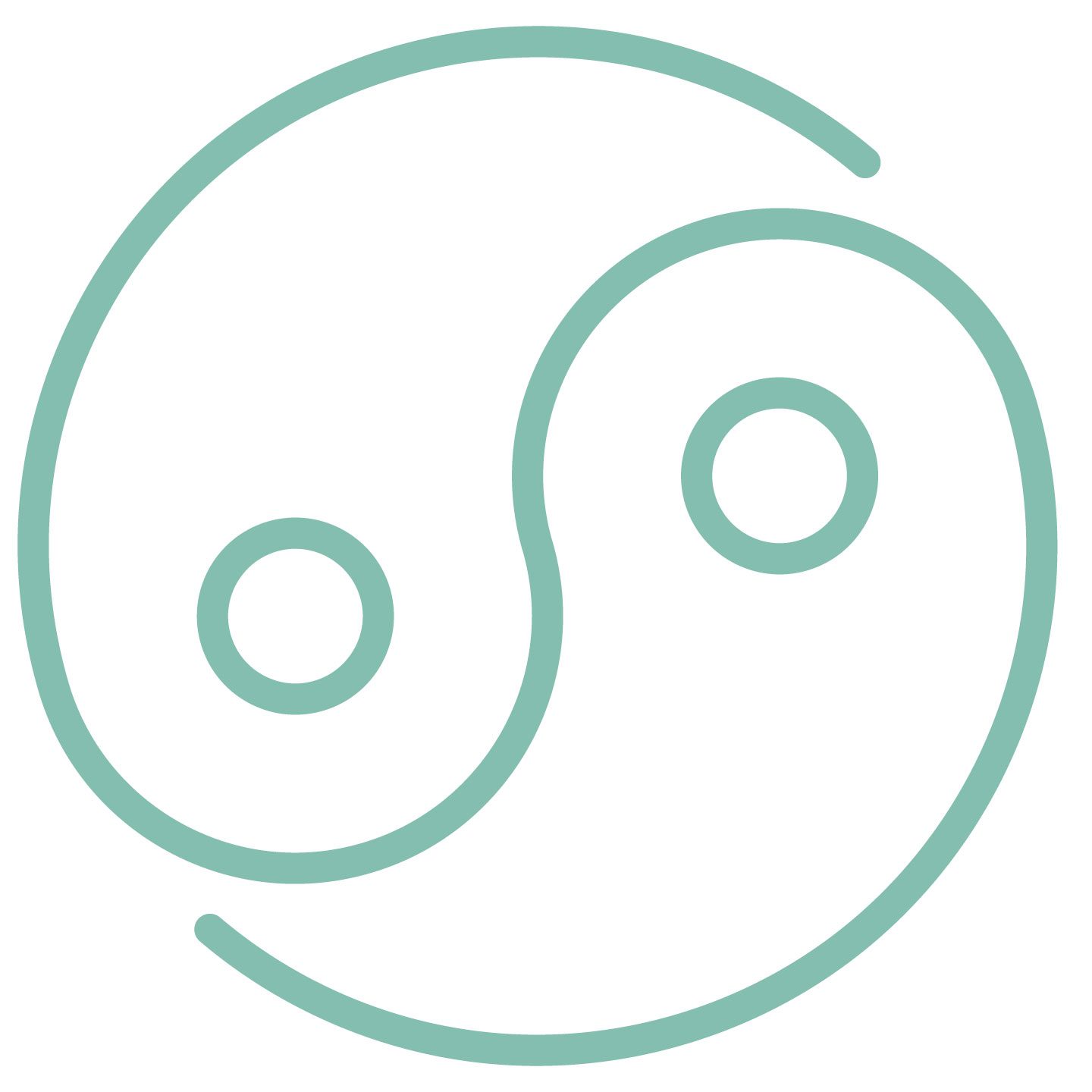
Finding Balance in Abundance
As with all areas of life, we feel best when we achieve a sense of balance. When we have abundance in one area of life, but feel scarcity in another, how can we find greater balance? Perhaps, we can transfer resources from an area of excess, into another area that’s lacking.
Try making a Wheel of Life in the worksheet following this article to help visualize different aspects of your life, like your health, social and home settings, entertainment, and more. Consider areas that feel unbalanced.
For example, if endless career opportunities have been afforded to you, but they limit opportunities for fun and recreation, maybe it’s time to hire an assistant or think about bringing on an intern to mentor in your field. Or if finances are abundant, maybe you can spare some money to improve your health or physical environment.
Get creative as you approach greater balance, and therefore, more meaningful abundance.
Abundance for Life
Each of us has a different idea of abundance. Thinking about things that make us feel abundant, looking for abundance glimmers, and considering areas where we have abundance to share can lead to a more fulfilling life.
When we encounter setbacks, we can lean into sources of support in the community around us. Remember that seeking the help of a licensed therapist can be another source of support. Knowing when to ask for help is an important part of creating a balanced life.
When we rely on others, it may feel like we have nothing to offer in exchange. However, no matter who you are, you have something to offer. Your presence is often more than enough.
An abundant life does not mean that everything is always overflowing. It does not even mean that life is easy or smooth. Instead, we can learn to look for sources of abundance in the simplicity of a mindful life. We can cultivate moments of abundance by being more present with others and grateful for what we have. When life gives us seasons of abundance, we can enhance the experience by sharing it with others. And we can prepare for seasons of lack by developing an abundance mindset. We can take comfort in the knowledge that something beautiful is always right around the corner.
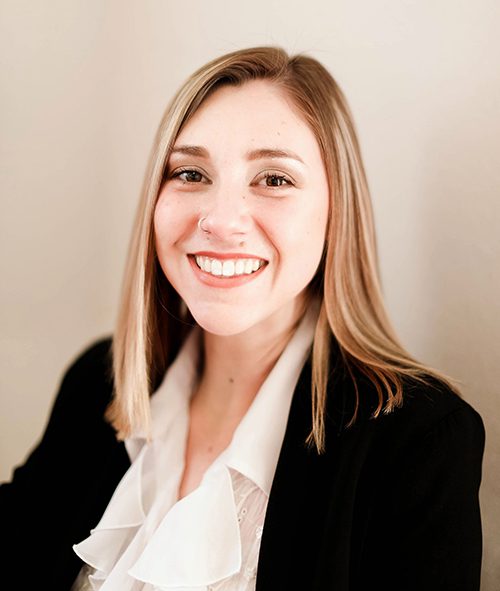
Olivia Lynn Schnur
Olivia Lynn Schnur is a Licensed Mental Health Counselor, EMDR Certified Therapist, Certified Yoga Teacher and Reiki Master. Her mental health writing is designed to inspire, educate and uplift readers. You can learn more about Olivia, or book a yoga session, at oliviaschnur.com.
